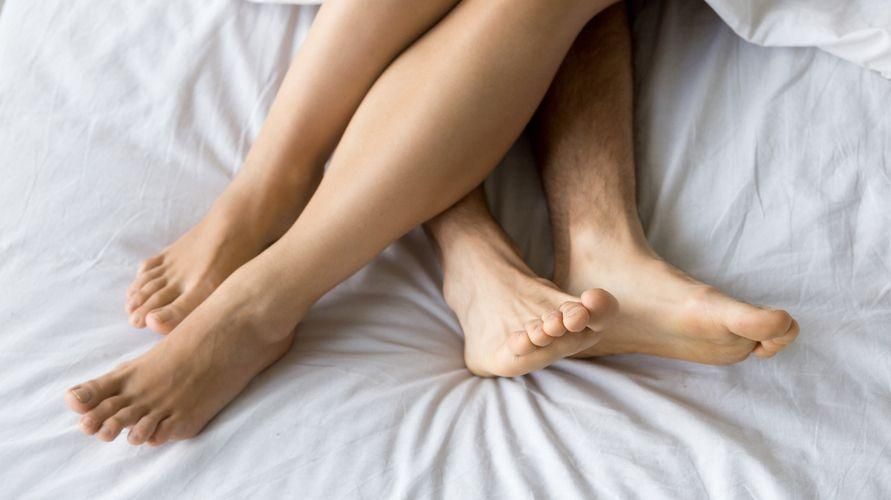The fertile period of the woman begins with puberty and ends with menopause, that is with the interruption of menstruation, which usually occurs between 48 and 55 years. However, the disappearance of the cycle is not sudden, in fact it is preceded by a long transitional phase called climacteric, with a variable duration of 5-10 years, during which most of the disorders accused by many women occur, such as the flushing of heat, vaginal dryness, insomnia and irritability. However, there are pharmacological and natural remedies that can alleviate these problems and restore serenity and well-being.
Although not a disease, climacteric and menopause are often characterized by a series of symptoms and disorders; we are talking about a climacteric / menopause syndrome. The most common symptom? Surely the hot flashes – a recurrent, transient symptom of redness, sweating and a sensation of heat often accompanied by palpitations and a sense of anxiety – night sweats, dizziness, mood swings and vaginal dryness, due to the fact that estrogen they “nourish”, hydrate the urogenital apparatus during their reproductive life and their absence determines a progressive involution process.
There are also other manifestations, more or less frequent and marked, which can be a consequence of the progressive depletion of hormone production, such as headache, apathy, nervousness, insomnia, increased body weight and a greater risk of osteoporosis. It is a difficult but physiological phase of every woman.
Hormone replacement therapy (TOS or HRT) is one of the ways to tackle premenopausal and menopause-related disorders, although it is still a much discussed choice as it is often accompanied by side effects and an increased, albeit modest, risk of cancer breast cancer, gallbladder disease, dementia, deep vein thrombosis and stroke. It should be noted that these risks double if you are a smoker!
It is a pharmacological treatment based on hormones, estrogens alone or associated with progestins, normally produced by the female organism, in particular by the ovaries. The concrete indication and the need for hormonal administration should in any case be agreed with the gynecologist, without forgetting the transitory benefits of this therapy, as symptoms often reappear when treatment is stopped.
Hormone replacement therapy is available in the form of pills, patches, gel to be applied to the skin or as a nasal spray. In the event that the symptoms consist only of vaginal disorders it is preferable to focus on products for local use.
In any case the choice of the pill, the plaster, the gel or the spray or a combination of several products must be made together with the doctor, after a careful evaluation of the general clinical situation and of one’s particular preferences or needs.
The natural remedies for menopausal disorders are many and allow relief to be found from those annoying symptoms, such as hot flashes, nervousness, migraine and insomnia, without necessarily resorting to taking hormones.
Among the most widespread there are the red clover, used especially against the annoyances associated with hot flashes, the gel extracted from aloe vera, against dry skin and hair, red fruits in general, rich in antioxidants, which allow to fight the effects of cellular aging preserving muscle tone and that of the sexual organs, plant estrogens contained in soy, dairy products in general, which are rich in calcium and, therefore, help to counteract the damage caused by osteoporosis, and rich foods of vitamin D, essential for fixing calcium in the body.























